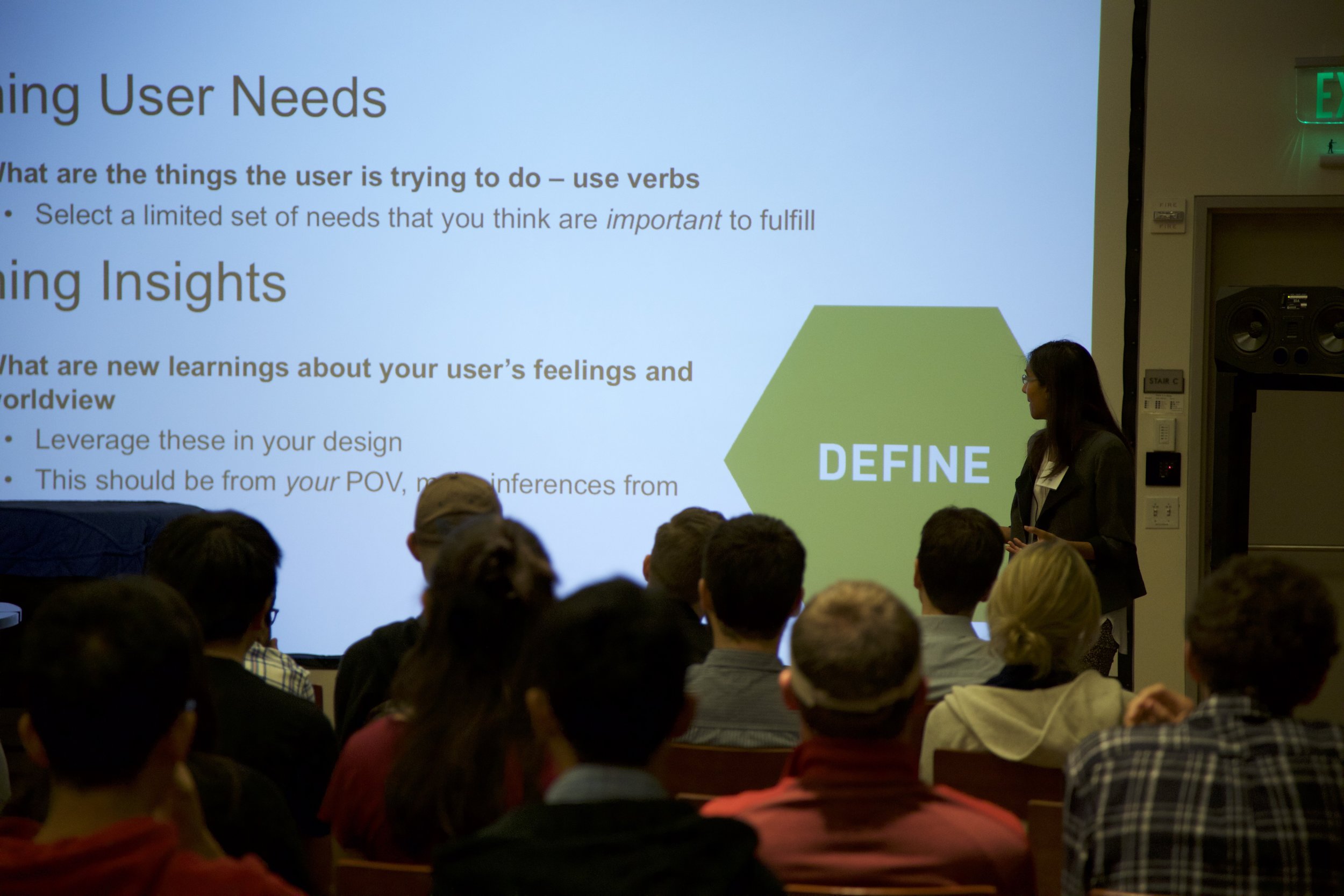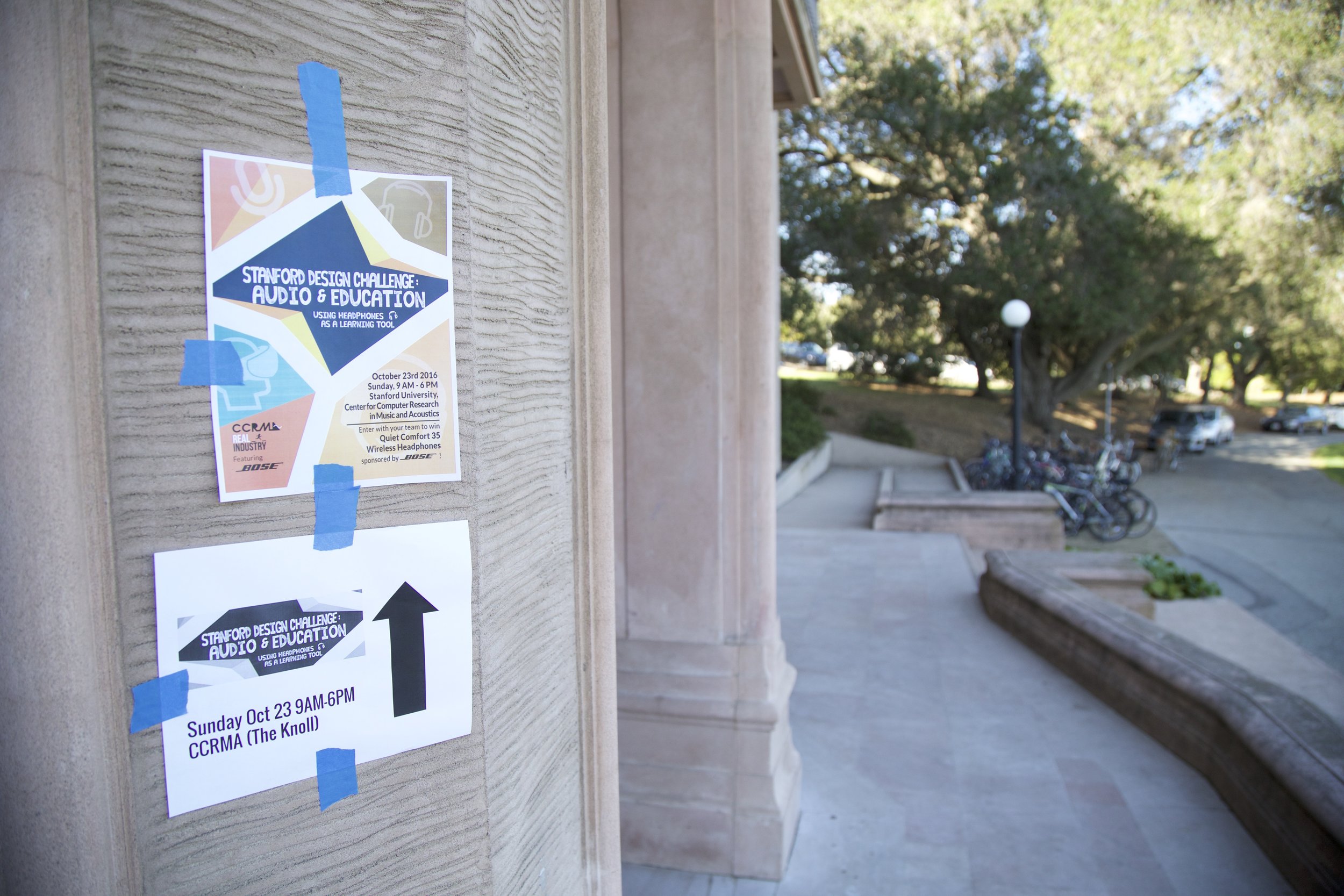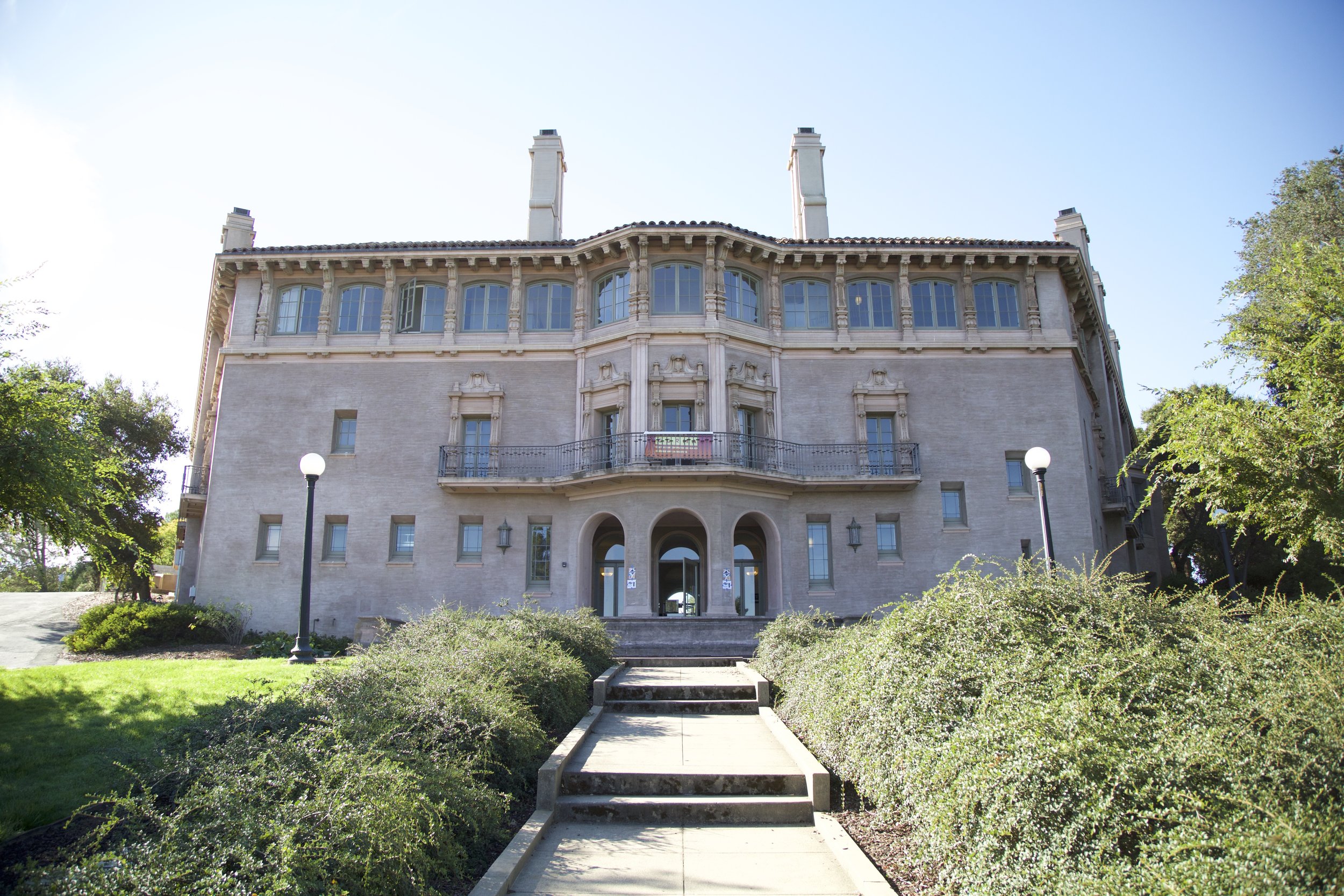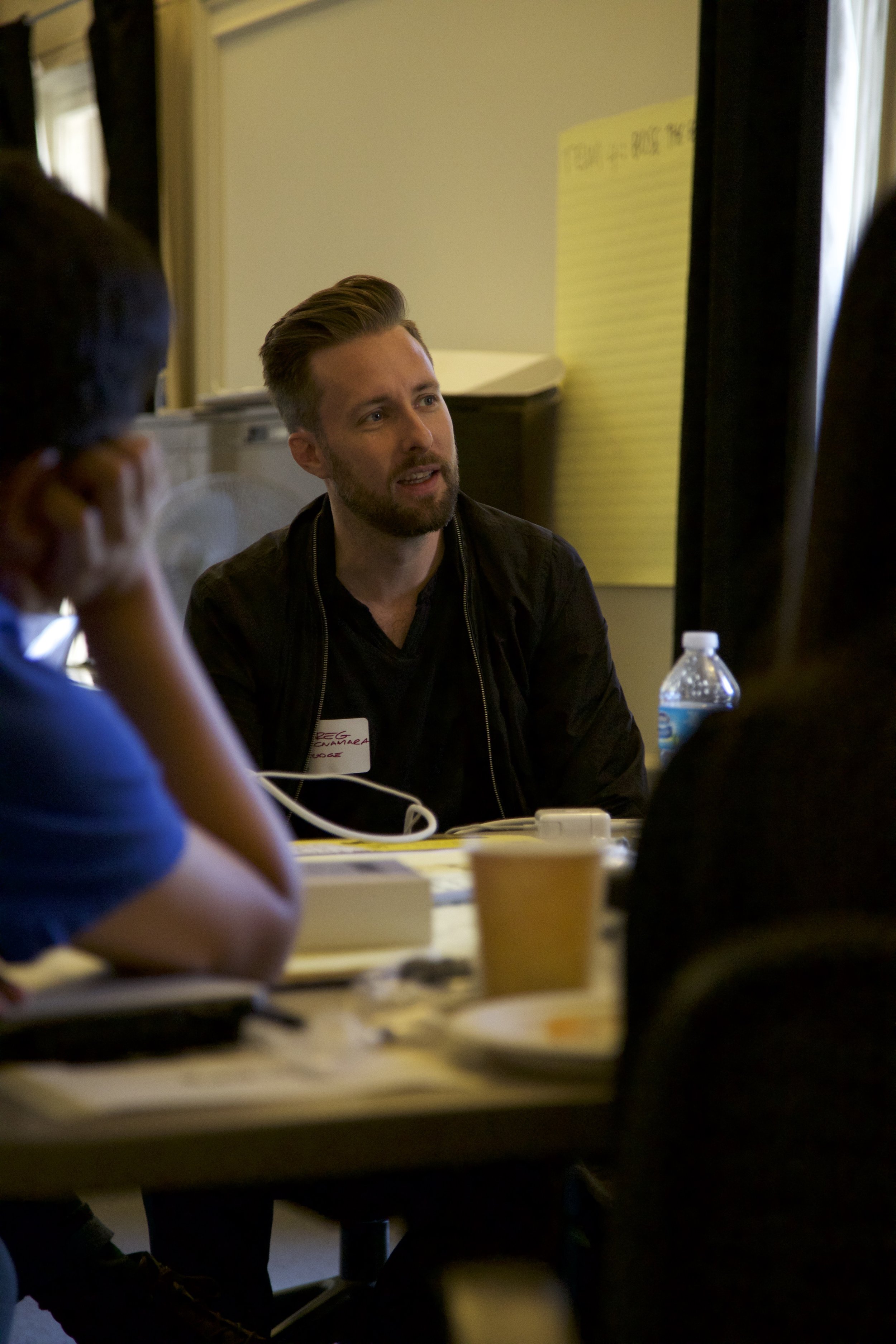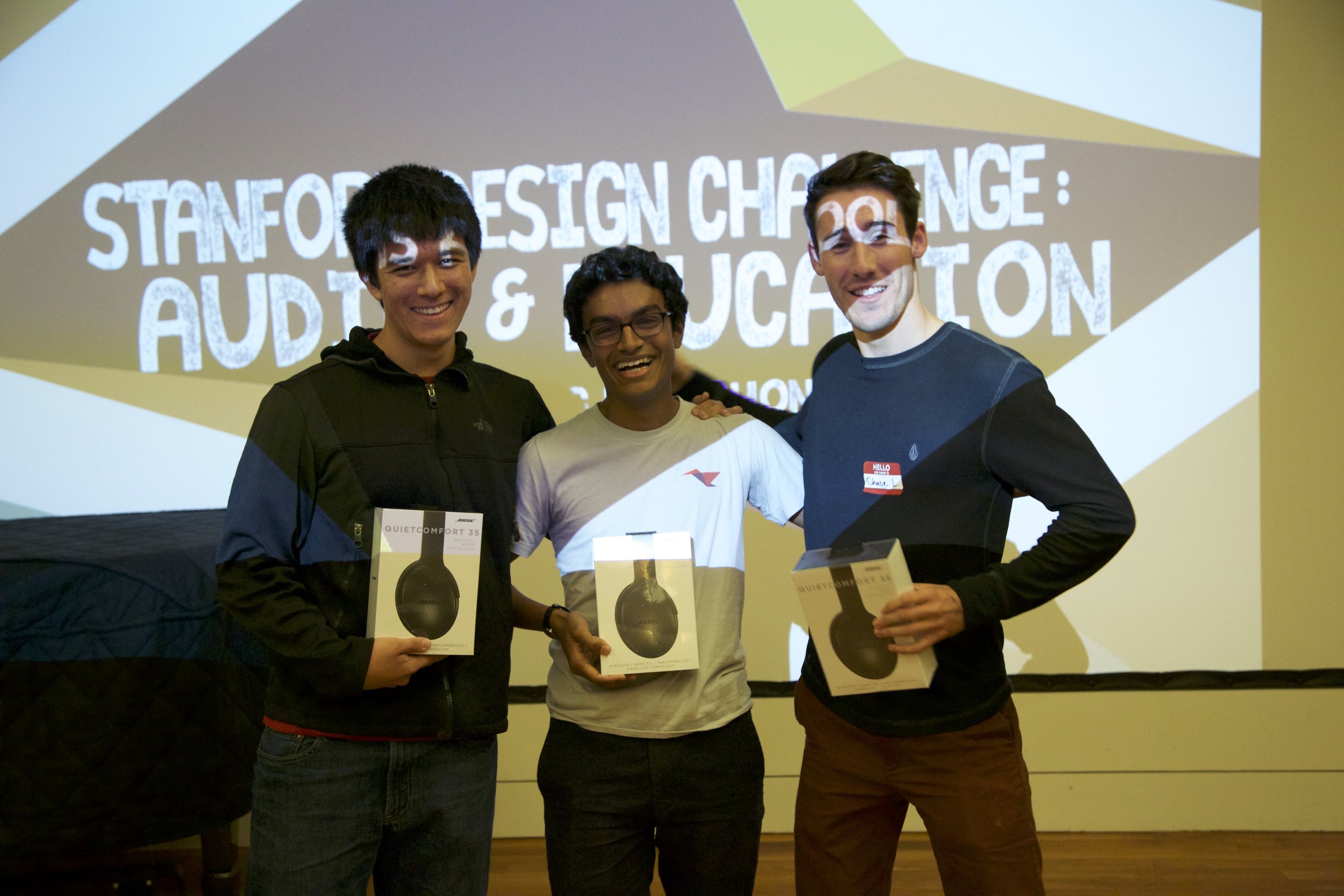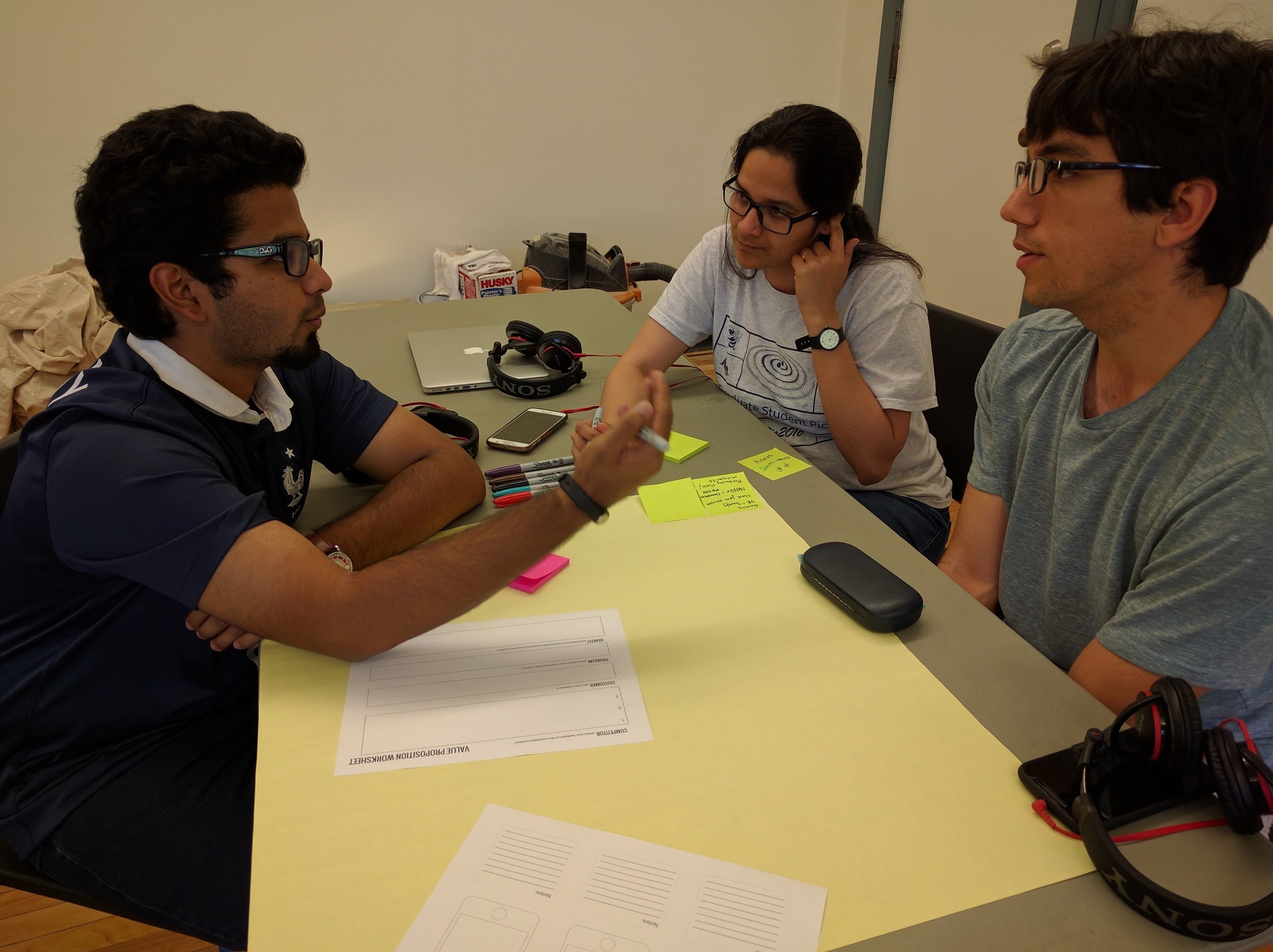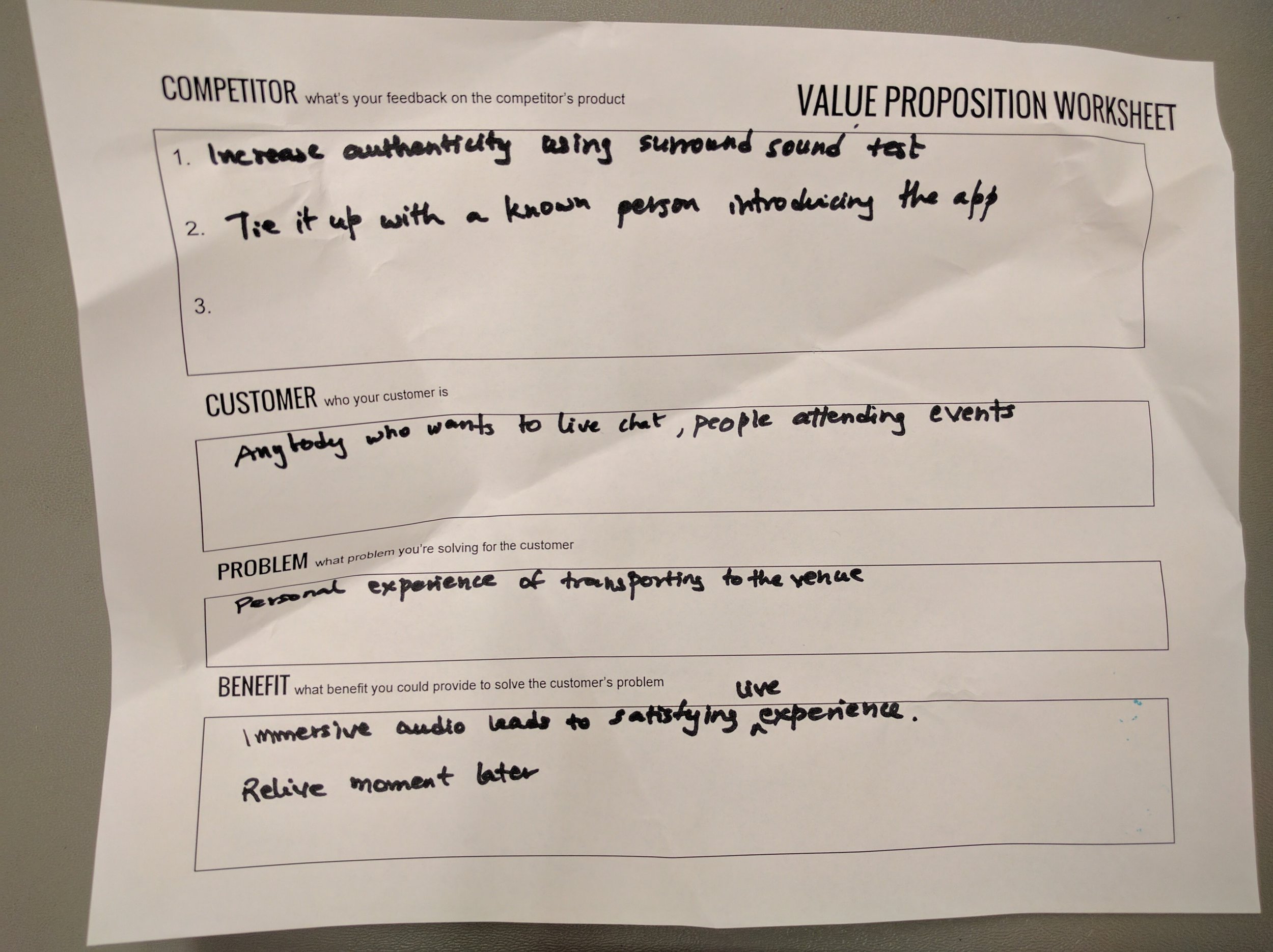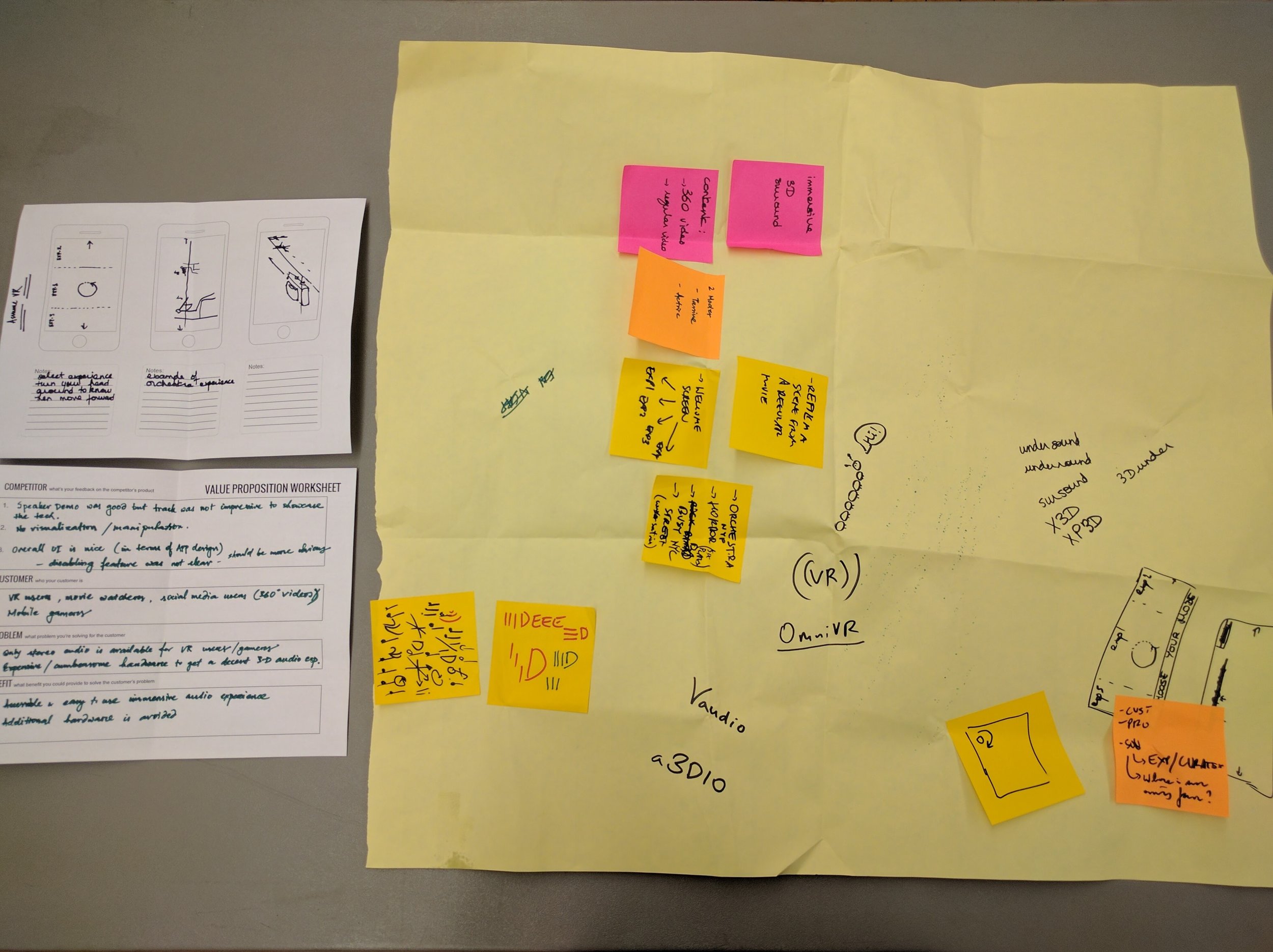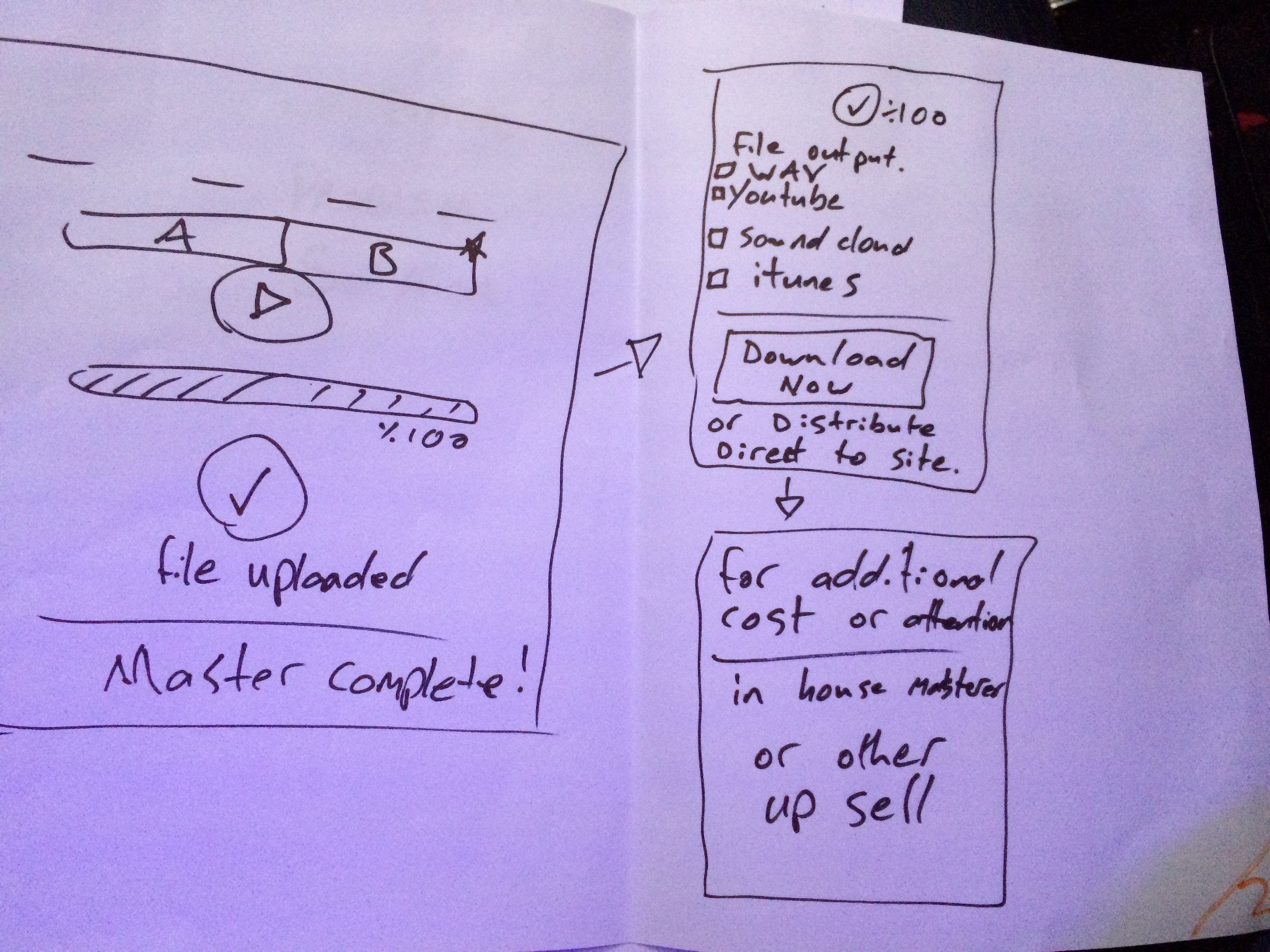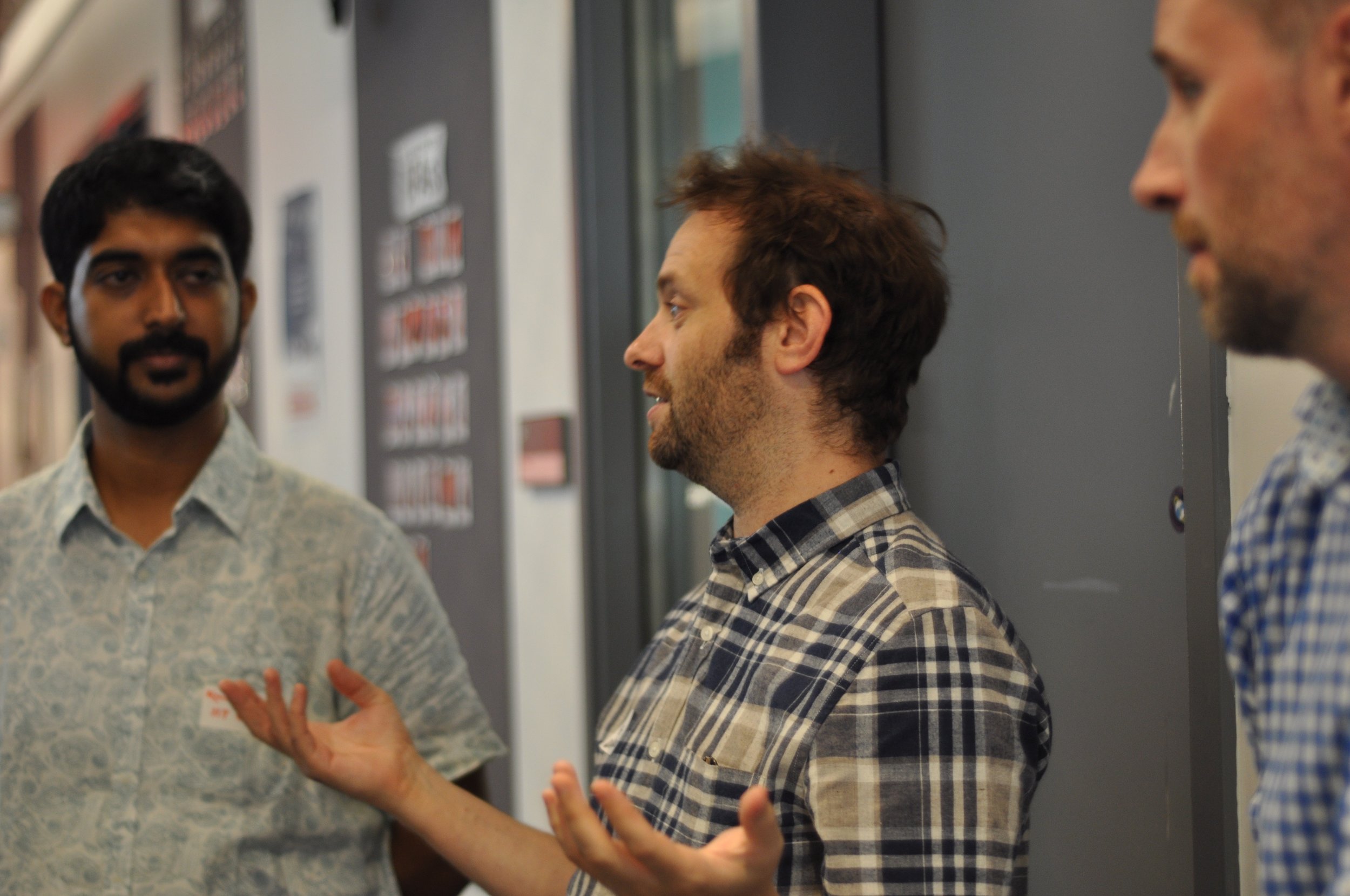August 5th, 2016
30 students in computer science, electrical engineering, and music were immersed in a full-day workshop. 30 students — across computer science, electrical engineering, and music — worked in teams of 4 to commercialize a new pair of wireless ear buds. Participants were mentored by a team of 9 industry professionals. Each sprint was a hands-on workshop targeting a role that is critical to bringing a music information retrieval or media technology product to market. Participants created the product, technology, and commercialization plans for a new pair of always-listening, wireless Internet-connected earbuds!
Thank you to our mentors
Derek Tingle, MIR Engineer, SoundCloud
Jean-Baptiste Rolland, Research Software Developer, Steinberg Media Technologies GmbH
Keith Martin, Manager, Algorithms & Cloud Experiences, Bose
Leigh Smith, Software Engineer, LANDR
Quincy Hunt, Developer - Amazon Music, Amazon
Stacey Messier, Creative Strategist, iZotope
Stephanie Sajeski-Franquie, Director of Marketing, Sajeski-Franquie Household
Stephen Hempton, Director of Hardware Products, ROLI
Steve Tjoa, Engineer, Researcher, Consultant, Stanford University







